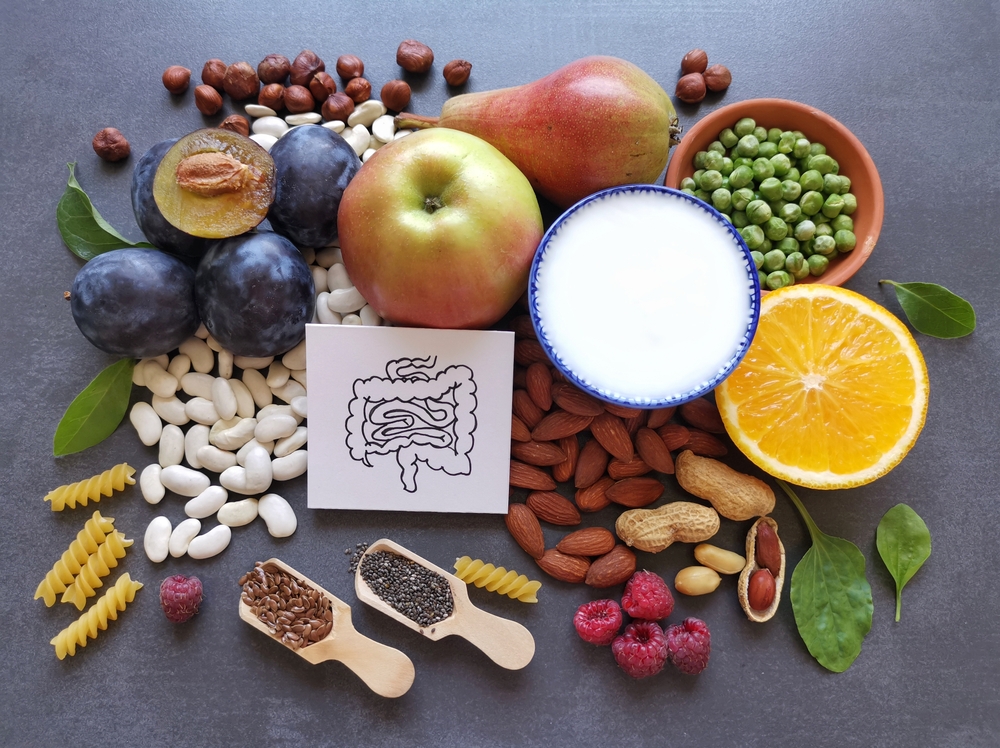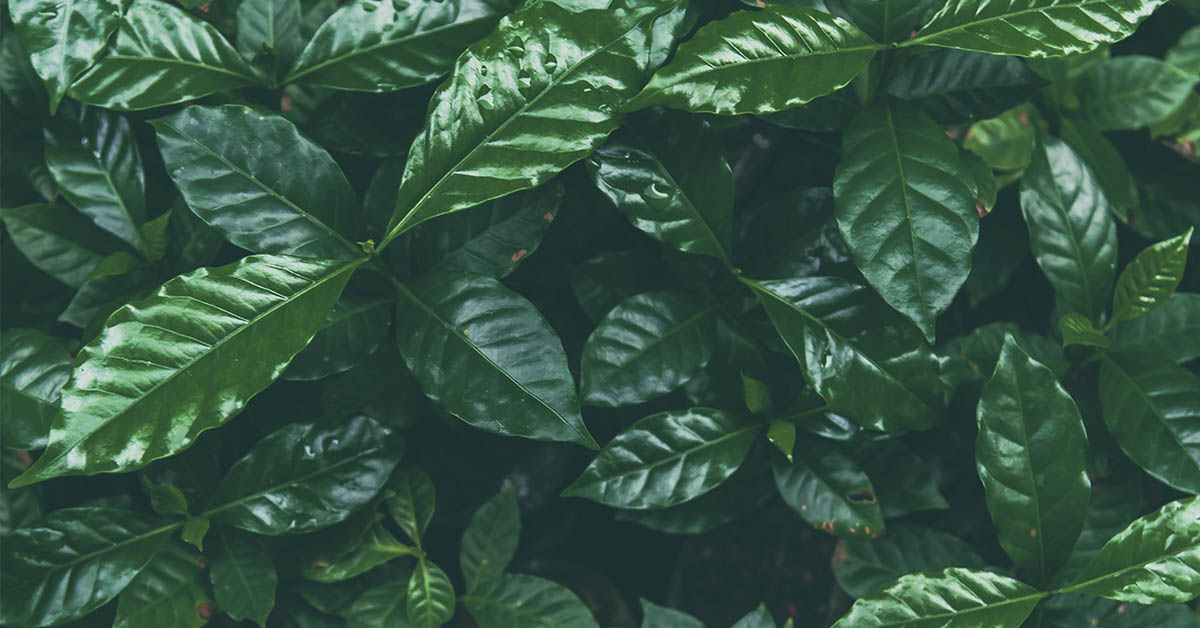Caffeine aficionados may be familiar with coffee cherries. These are the fruits of coffee trees that look like ruby red grapes when ripe. Inside them are two bluish-green coffee beans. Once extracted and roasted, the beans are ready to be ground and turned into a morning cup of joe. The fruit is typically discarded, but it can be found in juices or pills at health stores. But the leaves of the coffee tree are even more of an afterthought, in the West. In Ethiopia, Jamaica, India, Sudan, and Indonesia, coffee leaves have been used to make a delicious and traditionally medicinal tea.
What Is Coffee Leaf Tea?

Like other tea varieties, coffee leaf tea is made by boiling the dried leaves in hot water, sometimes with a pinch of salt or sugar. Despite what java fans might hope, the tea does not taste like coffee beans. Rather, the flavor is similar to green tea but more sweet and earthy, although the taste varies depending on where and how it was grown. It’s also lower in caffeine than coffee. But it has high levels of free-radicals-fighting antioxidants, which may be why traditional medicine used it to cure cold symptoms.
Read More: 4 Potential Benefits of Pu-erh Tea: Cholesterol, Liver Health, Anti-Cancer, And More
Potential Health Benefits

A 2018 study in the Journal of Ethnic Food discusses kahwa daun, the Indonesian name for tea made from coffee leaves. It also lists the phenolic compounds found in some species of coffee leaves. So although there has been little scientific investigation into the health benefits of kahwa daun, these healthful compounds are already making this tea popular. Furthermore, a 2019 study stated that the concentration of antioxidants depends on the leaf species and how they are processed. So it’s unclear how much tea is necessary to benefit from the compounds. With that in mind, here is what coffee leaf tea may provide:
Improve hyperuricemia

A 2023 preliminary study found that coffee leaf tea extract improved hyperuricemia in rats. “Hyperuricemia” is the medical term for when the body has high uric acid levels, according to Cleveland Clinic. Uric acid is a waste product that appears when the body digests chemicals called purines. Uric acid usually dissolves into the blood and goes through the kidneys to be excreted as urine. But hyperuricemia is when too much uric acid stays behind and clumps together into crystals, leading to gout and kidney stones. The study found 19 polyphenols in the extract, which helped prevent hyperuricemia’s effects such as kidney disease and liver damage in the rats.
Support gut health

The same study also reported the extract had enhanced the growth of gut bacteria that produces short chain fatty acids. (These findings came from rats, so more trials are needed.) SCFAs are formed when the intestines ferment fiber from foods like fruit, vegetables, whole grains, and legumes. SCFAs have been linked to many health benefits, especially in the digestive system. For instance, they can improve the symptoms of inflammatory bowel disease, reduce diarrhea, help maintain blood sugar levels, and help maintain a healthy weight, according to a 2024 study.
Read More: 8 Health Benefits of Coffee and Tea
Help fight chronic inflammation

Coffee leaf tea extract can also decrease the levels of lipopolysaccharide (LPS) in the body, says the 2023 study. LPS is a molecule that’s crucial for the initiation of inflammation, an important and healthy aspect of the immune system. However, high LPS levels and chronic inflammation can lead to many diseases, including cardiovascular and metabolic diseases, according to a 2024 review. High LPS levels have also been well-documented for their role in sepsis, a serious reaction to an infection that could become life-threatening. Research shows that a healthy diet rich in fruit, vegetables, fish, and fiber can help lower LPS levels.
Source of caffeine

Depending on the type of leaves, coffee leaf tea can include caffeine, a natural stimulant that can increase alertness, concentration, and energy. Too much caffeine can lead to poor mental health, heightened blood sugar levels, insomnia, headaches, and stomach upset, depending on the individual. But moderate amounts, like in a cup of tea, can be beneficial. Research has linked caffeine with weight loss/maintenance, improved mental alertness, a lower risk of kidney stones, improved athletic performance, and treated migraines, says Medical News Today.
Provide an antioxidant effect

Trigonelline (TRG) is a natural molecule found in fenugreek seeds, coffee beans, and coffee leaves. TRP has anti-inflammation and antioxidant properties, which can benefit many parts of the body, according to a 2024 review. It has been linked to improved muscle health and function, recovery from neurodegenerative disorders including stroke, reduced neuropathic pain, and support to organs like the heart, liver, lungs, and kidneys. However, further studies need to investigate the medicinal potential of TRG, as well as determine how much of it appears in cup of coffee leaf tea.
Read More: What Are the Potential Benefits of Bay Leaf and Cinnamon Tea?

